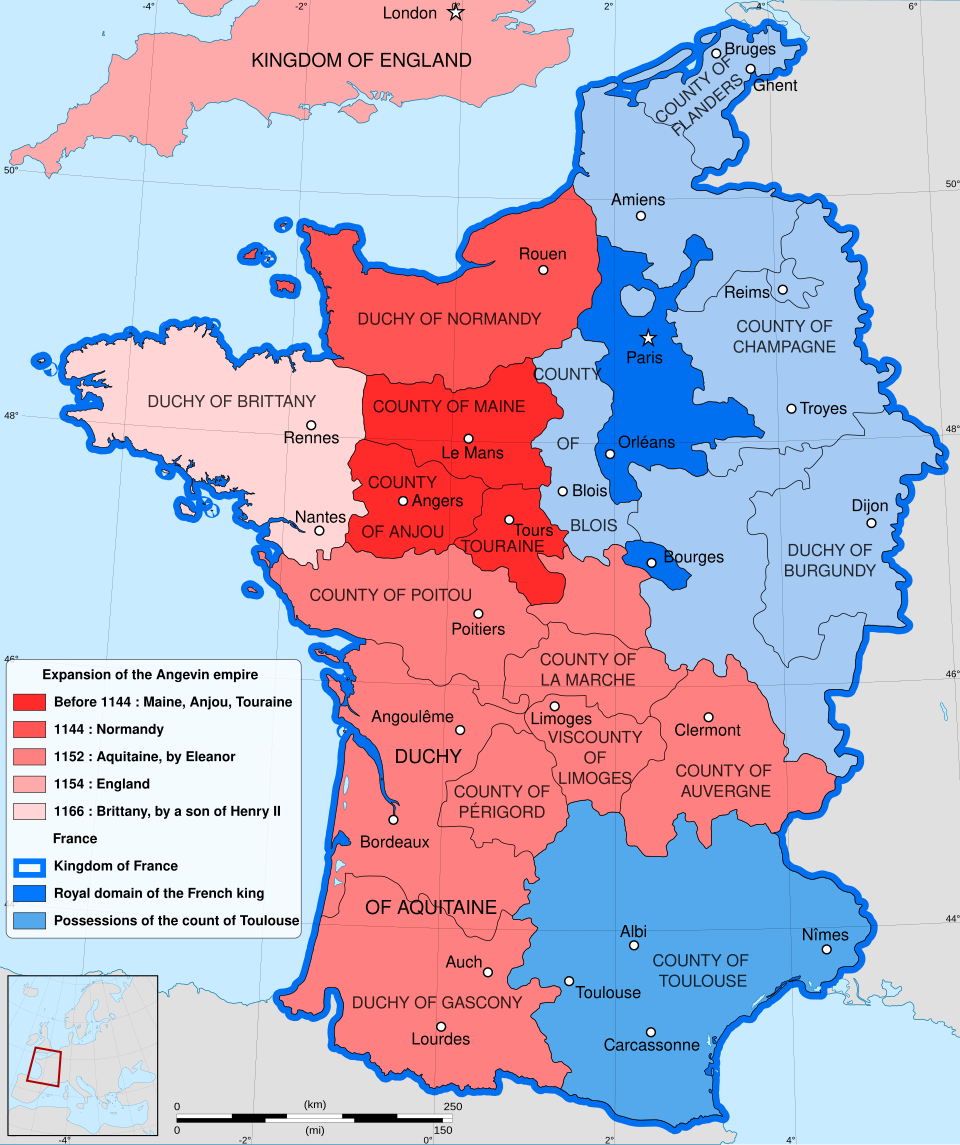January 10, 49 BC: Caesar Crosses the Rubicon
- James Houser
- Jan 10, 2020
- 3 min read
Updated: Jun 1, 2021
January 10, 49 BC: Julius Caesar and his 13th Legion cross the Rubicon River, initiating the Roman Civil War and setting Caesar on the path that would lead to his becoming Dictator, his assassination, and the rise of the Roman Empire that replaced the shattered Republic.
The phrase "crossed the Rubicon", in modern parlance, signifies a point of no return. Caesar had spent the last ten years of his life conquering the area that is now France, Belgium, and western Germany - then known as Gaul. These enormous wars had made Caesar the most legendary commander of his day, and deservedly so. His term of office as general, however, was about to expire - and when it did, he would be open to prosecution by his enemies back in Rome. Caesar had done some illegal shit during his terms as consul and general, and it was about to catch up with him. The law was that someone actively holding public office was immune from prosecution, so their foes would bide their time until they had left power and strike.

Since Caesar was nearing the end of his term, he essentially had his back against the wall - not dissimilar to certain other political events involving prosecution and public office in the modern day. If he gave up power, the forces of law and vengeance would drive him into poverty and possibly execution. If he retained his army, he would be in violation of the laws and spark a civil war.
There was also a political context. Most of Caesar's allies were the rising middle class - the equites, the "new men", the men of money but not breeding who stood to benefit from a revision to the ancient constitution. These were the "Populares". The "Optimates," or the aristocratic faction, had been trying and failing to suppress the populares for the last ninety years in revolutions and civil wars. Caesar, long the champion of the Populares, was faced by a coalition of nobles led by Cato, Pompey and Cicero.
So on January 9, 49 years before the birth of Christ, Caesar led his forces to the Rubicon - the river that marked the boundary between his command's limits and the Roman heartland of Italy. Legally, he was not allowed to lead troops past this line - doing so would signal to everyone that he was rebelling against the Republic. He hesitated. He spent the night in camp with his officers, but every now and then stepped out of the tent to eye the river quietly.

The next day, Caesar led his legion across, the cold water swirling through their sandals and boots.
Caesar's Civil War had begun. In seven years, he would be master of the world. In nine, he would be dead from the knives of his assassins. But the Republic's death throes had begun; his adopted son, Octavian, would take the title Imperator - Emperor - in the name of his predecessor, the harbinger of the glory days of Rome.
Best Caesar bio for the general reader is Adrian Goldsworthy's Caesar: Portrait of a Colossus (New York: Oxford University Press, 2006). Another popular account for this era is Tom Holland's Rubicon: The Last Years of the Roman Republic (London: Little Brown, 2003).
Highly recommended is Mike Duncan's History of Rome podcast.






Comments